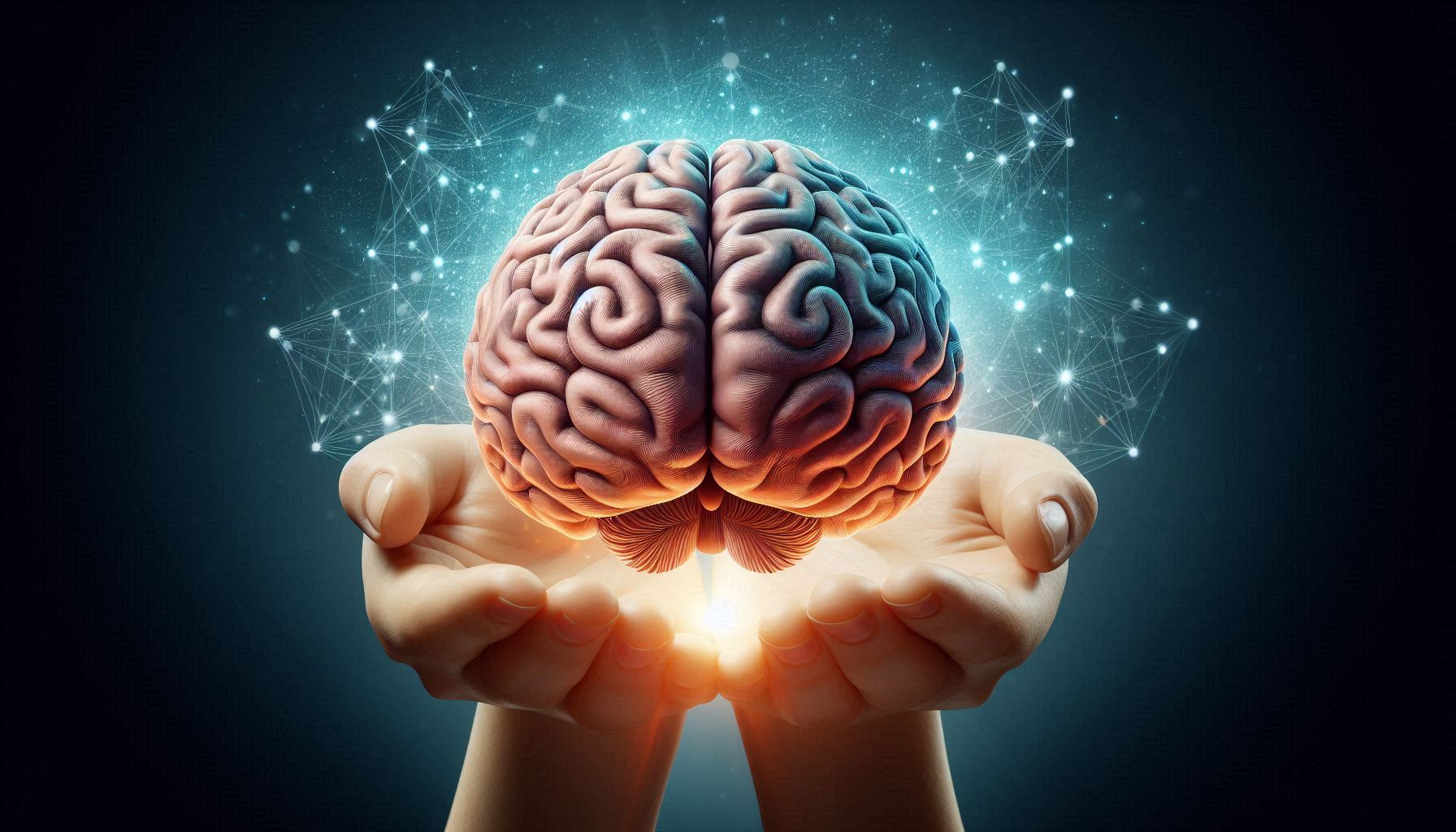Mental health is a complex and multifaceted domain that encompasses emotional, psychological, and social well-being. Traditional approaches to mental health treatment often focus on specific disorders and rely heavily on pharmacological interventions or psychotherapy. However, an increasing recognition of the limitations of these methods has led to a growing interest in integrative approaches to mental health. These approaches combine various modalities, including conventional medicine, complementary therapies, lifestyle changes, and holistic practices, to provide a more comprehensive and personalized treatment plan. This essay explores the principles, benefits, and applications of integrative approaches to mental health.
Understanding Integrative Mental Health
Definition and Scope:
Integrative mental health refers to a holistic approach to mental health care that considers the whole person—mind, body, and spirit. It integrates various therapeutic modalities, including conventional treatments (such as medication and psychotherapy) with complementary therapies (such as yoga, acupuncture, and nutrition) and lifestyle modifications. This approach aims to address the root causes of mental health issues rather than merely alleviating symptoms.
Historical Context:
The roots of integrative mental health can be traced back to ancient healing practices that viewed the individual as a whole. Traditional systems of medicine, such as Ayurveda and Traditional Chinese Medicine, emphasized balance and harmony among physical, mental, and spiritual aspects. In the 20th century, the field of psychology began to explore holistic approaches, culminating in the development of humanistic and transpersonal psychology. Today, the integration of these philosophies with modern scientific research is shaping a new paradigm in mental health care.
Key Principles of Integrative Approaches
Holism:
Holism is a fundamental principle of integrative mental health. This perspective recognizes that mental health cannot be fully understood in isolation from physical health, social influences, and environmental factors. Integrative approaches emphasize the interconnectedness of various aspects of an individual’s life, advocating for treatments that address all dimensions of well-being.
Person-Centered Care:
Integrative approaches prioritize individualized care tailored to the unique needs, preferences, and values of each person. This personalized approach involves active collaboration between the individual and their healthcare providers, fostering a sense of ownership and empowerment in the healing process.
Evidence-Based Practices:
While integrative mental health embraces a wide range of therapies, it also emphasizes the importance of evidence-based practices. Treatments should be supported by scientific research and clinical evidence to ensure their safety and efficacy. This approach bridges traditional practices with modern scientific validation, enhancing the credibility and effectiveness of integrative therapies.
Prevention and Wellness:
Integrative approaches place a strong emphasis on prevention and overall wellness. By promoting healthy lifestyle choices, stress management techniques, and self-care practices, integrative mental health aims to enhance resilience and prevent the onset of mental health issues. This proactive stance is particularly relevant in today’s fast-paced and often stressful environment.
Components of Integrative Approaches:
Integrative mental health encompasses a wide variety of therapies and practices. Below are some of the most prominent components:
1. Conventional Treatments:
- Medication: Antidepressants, antipsychotics, and anxiolytics are commonly prescribed for various mental health disorders. While medication can be effective, integrative approaches advocate for careful monitoring and consideration of side effects, combining pharmacological treatments with other modalities for a more holistic outcome.
- Psychotherapy: Traditional talk therapies, such as cognitive-behavioral therapy (CBT), dialectical behavior therapy (DBT), and psychodynamic therapy, remain foundational in mental health treatment. Integrative approaches may combine these therapies with complementary practices to enhance effectiveness.
2. Complementary Therapies:
- Mindfulness and Meditation: Practices such as mindfulness meditation and yoga have gained recognition for their effectiveness in reducing stress, anxiety, and depression. These practices promote present-moment awareness and emotional regulation, fostering a sense of calm and well-being.
- Acupuncture: Originating from Traditional Chinese Medicine, acupuncture involves the insertion of thin needles into specific points on the body to restore balance and alleviate symptoms. Research indicates that acupuncture can be effective in treating anxiety, depression, and stress-related disorders.
- Massage Therapy: Therapeutic massage can help reduce muscle tension, promote relaxation, and alleviate symptoms of anxiety and depression. The physical benefits of massage often translate into emotional and psychological relief, enhancing overall well-being.
- Art and Music Therapy: Creative therapies, such as art and music therapy, provide individuals with alternative avenues for expression and emotional processing. These therapies can be particularly effective for those who find it challenging to articulate their feelings verbally.
3. Lifestyle Modifications:
- Nutrition: The role of nutrition in mental health is increasingly recognized. A balanced diet rich in whole foods, omega-3 fatty acids, vitamins, and minerals can support brain health and emotional well-being. Integrative approaches often include dietary assessments and nutritional counseling.
- Physical Activity: Regular exercise has profound effects on mental health, reducing symptoms of depression and anxiety while boosting mood. Integrative approaches encourage physical activity as a crucial component of overall mental health care.
- Sleep Hygiene: Quality sleep is essential for mental health. Integrative approaches address sleep disturbances through behavioral interventions, relaxation techniques, and environmental modifications to promote better sleep patterns.
4. Spirituality and Mind-Body Practices:
Spirituality can play a significant role in mental health, providing individuals with a sense of purpose, connection, and meaning. Integrative approaches may incorporate spiritual practices, such as meditation, prayer, or participation in community faith-based activities, to support emotional well-being. Mind-body practices, such as tai chi and qi gong, promote harmony between mental and physical states, enhancing overall wellness.
Benefits of Integrative Approaches
- Enhanced Treatment Outcomes: Research indicates that integrative approaches can lead to improved treatment outcomes. By addressing multiple facets of well-being, individuals often experience greater symptom relief and overall satisfaction with their treatment. The combination of therapies can create a synergistic effect, enhancing the effectiveness of each modality.
- Increased Patient Engagement: Integrative mental health promotes active participation in one’s own healing journey. By involving individuals in the decision-making process and offering a range of treatment options, patients are more likely to engage with their treatment plans, adhere to recommendations, and feel empowered in their recovery.
- Holistic Well-Being: Integrative approaches prioritize holistic well-being, addressing not only mental health symptoms but also physical, emotional, and social aspects of an individual’s life. This comprehensive approach can lead to improved quality of life and overall well-being.
- Prevention and Resilience: By emphasizing prevention and wellness, integrative mental health approaches equip individuals with tools to build resilience and cope with stressors. This proactive stance helps individuals navigate challenges more effectively, reducing the risk of developing mental health disorders.
Applications of Integrative Approaches
Integrative mental health approaches can be applied across various settings and populations. Here are some examples:
- Clinical Settings: In hospitals and clinics, integrative approaches can complement traditional psychiatric care. Healthcare providers may collaborate with integrative practitioners to offer patients a comprehensive treatment plan that addresses their unique needs.
- Community Mental Health Programs: Community mental health programs can incorporate integrative therapies to enhance access to comprehensive care. By offering a range of services, including mindfulness workshops, nutritional counseling, and art therapy, these programs can address the diverse needs of individuals in the community.
- Schools and Educational Settings: Integrative approaches can be particularly beneficial in schools, where mental health issues among students are increasingly recognized. Implementing mindfulness programs, physical activity initiatives, and mental health education can promote resilience and emotional well-being among students.
- Workplace Wellness Programs: Integrating mental health support into workplace wellness programs can foster a healthier work environment. Initiatives that promote stress management, physical activity, and work-life balance can enhance employee well-being and productivity.
- Family and Caregiver Support: Integrative approaches can extend beyond individuals to support families and caregivers. Offering resources such as family therapy, support groups, and educational workshops can create a network of support for those affected by mental health issues.
Challenges and Considerations
- Integration of Practices: While the benefits of integrative approaches are evident, challenges remain in integrating diverse practices within traditional mental health care settings. Ensuring collaboration between practitioners from different disciplines can be difficult, requiring open communication and a shared understanding of goals.
- Evidence-Based Validation: Many complementary therapies lack extensive scientific research supporting their effectiveness. To enhance credibility, it is essential to conduct rigorous studies that evaluate the efficacy of integrative practices, ensuring that they meet evidence-based standards.
- Accessibility and Affordability: Access to integrative therapies may be limited by financial constraints, geographical barriers, and a lack of trained practitioners. Efforts must be made to increase accessibility and affordability of integrative mental health services to reach underserved populations.
- Individual Differences: Integrative approaches must be tailored to the unique needs of each individual. What works for one person may not be effective for another, highlighting the importance of personalized care in integrative mental health.
Conclusion
Integrative approaches to mental health offer a promising pathway to enhancing well-being and addressing the multifaceted nature of mental health disorders. By combining conventional treatments with complementary therapies, lifestyle modifications, and a focus on holistic well-being, integrative mental health provides a comprehensive framework for healing. As research continues to evolve, the integration of diverse practices will pave the way for more personalized, effective, and compassionate mental health care. Embracing this holistic approach not only fosters individual resilience and recovery but also promotes a more compassionate understanding of mental health in society.
SOURCES
Barlow, D. H., & Durand, V. M. (2018) – Abnormal psychology (8th ed.). Cengage Learning.
Breuner, C. C., & Mattson, G. (2019) – Integrative medicine in pediatrics: A review of the evidence. Pediatrics.
Chittaro, L., & Vianello, A. (2018) – Effects of a virtual reality meditation application on user experience: A randomized controlled trial. Journal of Medical Internet Research.
Cohen, S. (2010) – Social relationships and health. American Psychologist.
Hölzel, B. K., Carmody, J., & Vangel, M. (2011). Mindfulness practice leads to increases in regional brain gray matter density. Psychiatry Research: Neuroimaging.
Kabat-Zinn, J. (2003) – Mindfulness-based interventions in context: Past, present, and future. Clinical Psychology: Science and Practice.
National Center for Complementary and Integrative Health. (2021) – Complementary, alternative, or integrative health: What’s in a name?
Ross, A., & Thomas, S. (2010) – The health benefits of yoga and exercise: A review of the evidence. Journal of Clinical Psychology.
Smith, M., & Robinson, L. (2016) – The role of complementary and alternative medicine in integrative medicine. The American Journal of Medicine.
Van Der Kooy, K., Van Hout, H. P. J., & De Jonghe, F. (2007) – The role of complementary and alternative medicine in the treatment of anxiety and mood disorders: A systematic review. Psychosomatic Medicine.
HISTORY
Current Version
October 18, 2024
Written By:
BARIRA MEHMOOD








Leave a Reply